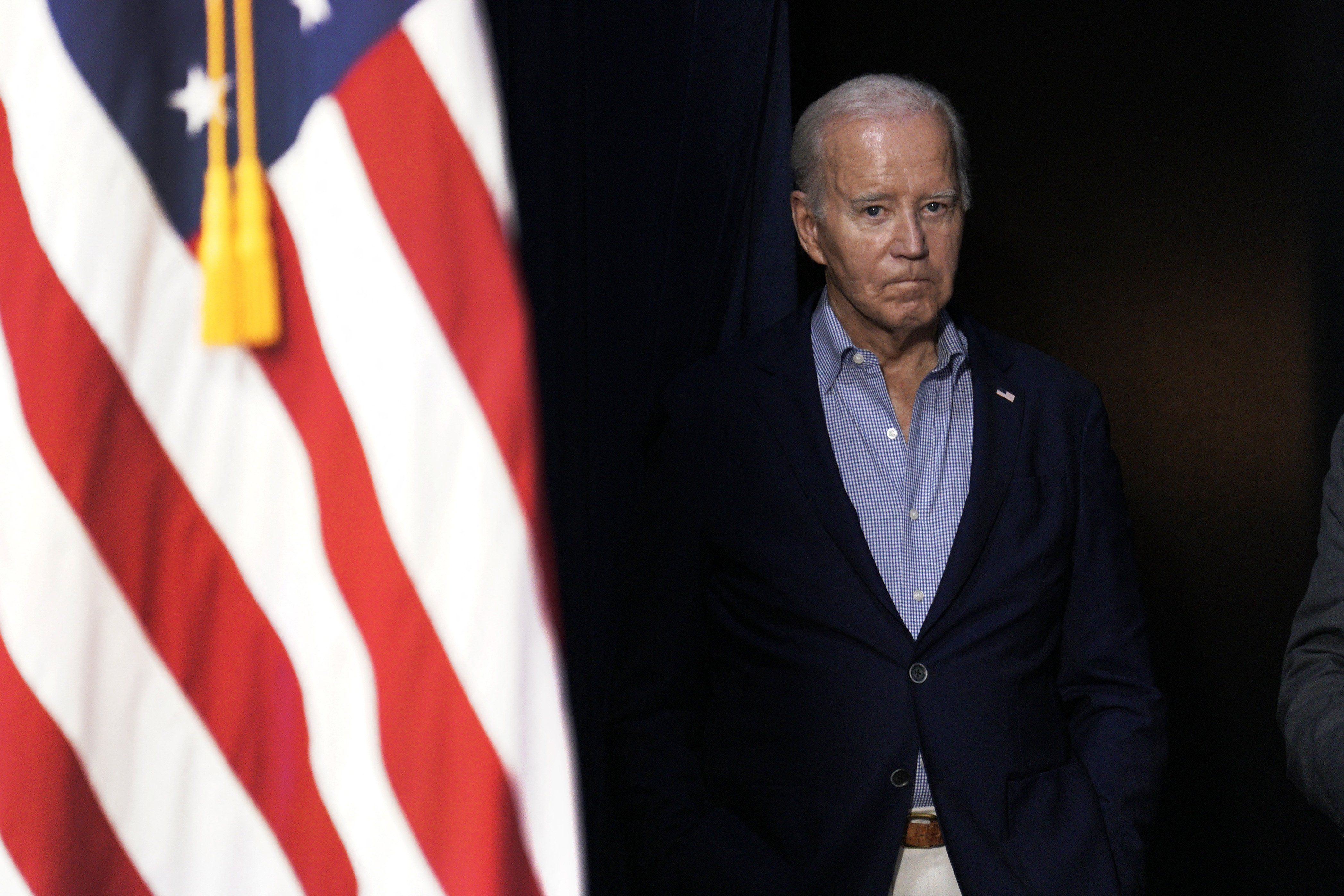In a decision that sets up a monumental legal battle over the limits of the US government’s power to influence online speech, Louisiana-based District Court Judge Terry Doughty on Tuesday ruled that the Biden administration cannot contact social media platforms for the purpose of moderating content that is otherwise protected by the First Amendment.
What’s the background? The ruling came in a lawsuit filed by Missouri and Louisiana last year, which alleged that the Biden administration had coerced platforms like Twitter, Facebook, and YouTube into suppressing certain views about public health measures during the pandemic, the 2020 election results, and the economy. The government says it merely made suggestions to blacklist content that it believed would cause public health harm or undermine trust in US elections, and that it didn’t force anyone to do anything.
The philosophical question: Who gets to decide? On the one hand, anyone with eyes can see that social media enables lies and disinformation to proliferate at unprecedented speeds. Enlightenment-era notions of free speech designed for a world of hand-printed pamphlets seem potentially out of date today -- especially when algorithms that tailor content to partisan tastes have turned the “marketplace of ideas” into a warren of self-contained online kiosks.
But the question is whether the government should be allowed to police content that might otherwise be protected by the First Amendment. Supporters of government intervention say that yes, it’s important to quickly stop lies that could, say, harm public health, or undermine the credibility of elections.
Skeptics – at least the good faith ones – see it differently. In a world where facts may be black and white (no, the 2020 election was not “stolen,”), but viewpoints are grayer (experts still disagree about the efficacy of masking and lockdowns during the pandemic), it’s a fatal mistake, they say, for a democracy to allow the government to police online speech like this. After all, one administration’s “fake news” might soon be another’s "fair question."
The partisan dimension: Philosophical matters aside, the case has a partisan coloring. It was brought by GOP states, and the presiding Judge — a Trump appointee — noted in his opinion that the viewpoints targeted for suppression were mostly ones shared by “conservatives.” What's more, it comes amid a broader campaign by the GOP-controlled House to show that various government institutions have been “weaponized” against them.
Still, ordinary Americans’ views on social media regulation don’t follow party lines as much as you might think. A huge study by the Knight Foundation in 2022 found that a majority of Americans think social media companies contribute to societal divisions, and 90% say these platforms spread disinformation. In other words, people don't feel they can trust social media -- a big problem when traditional media are also suffering a long-running crisis of credibility.
But when it comes to solving these problems, things get muddier. Nearly four in five Americans say social media companies can’t be trusted to solve that problem themselves, but 55% say they prefer to keep government out of those decisions entirely.
While there is a hard-core wing of Democrats who fully support government regulation of online content, and a similar, if smaller, wing of Republicans who oppose any controls whatsoever, the Knight study found that roughly half of Americans’ views on these questions don’t correlate neatly with party affiliation — younger and more politically active internet users of all party affiliations, for example, tended to think social media companies should regulate themselves.
What comes next? The Biden administration will appeal the ruling, and Eurasia Group US expert Jon Lieber says it will likely go all the way to the Supreme Court. If so, the case could land in the docket right as the country enters the homestretch of the 2024 election campaigns. In the meantime, the ruling will limit the administration’s ability to police what it sees as disinformation in the run-up to the vote. Depending on who you are, you either think that’s a bad thing or a good thing.
Speaking of which, let us know what you think.Should the government be allowed to pressure social media companies to suppress content? If not, is there another way to deal with the problem of lies or disinformation online? Email us here, and please include your name and location if you’d like us to consider publishing your response in an upcoming edition of the Daily. Thanks!
